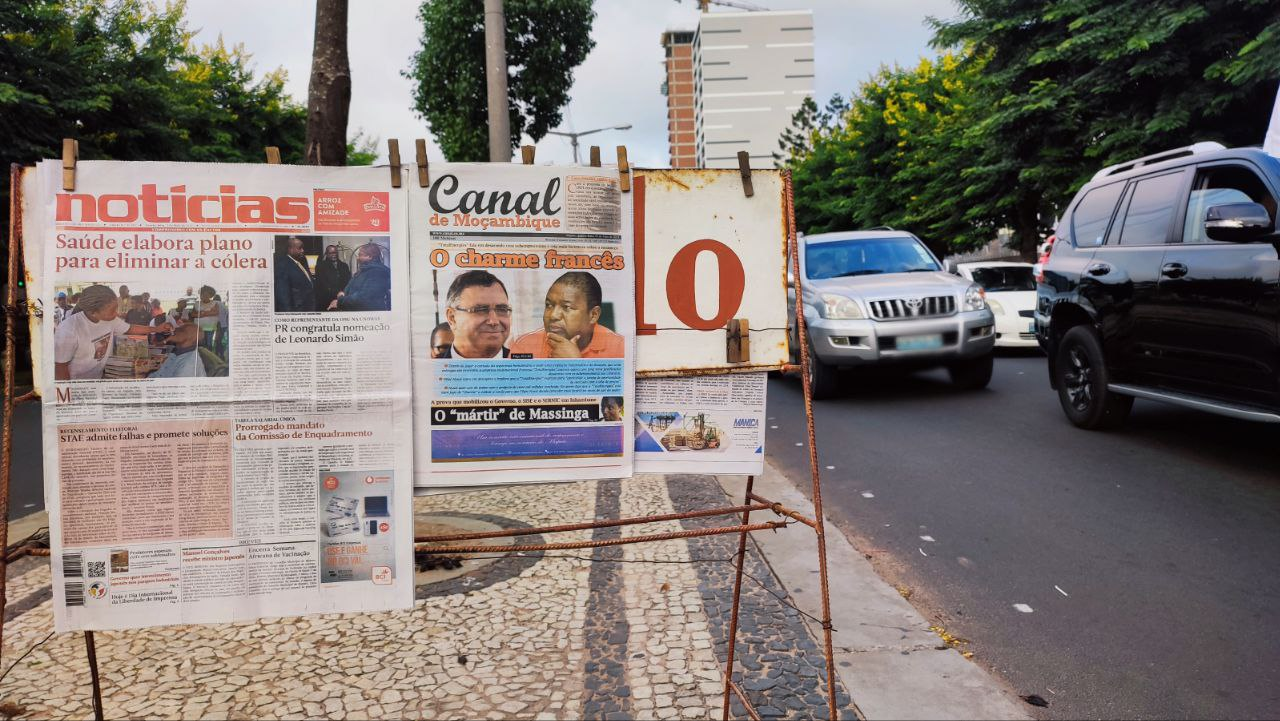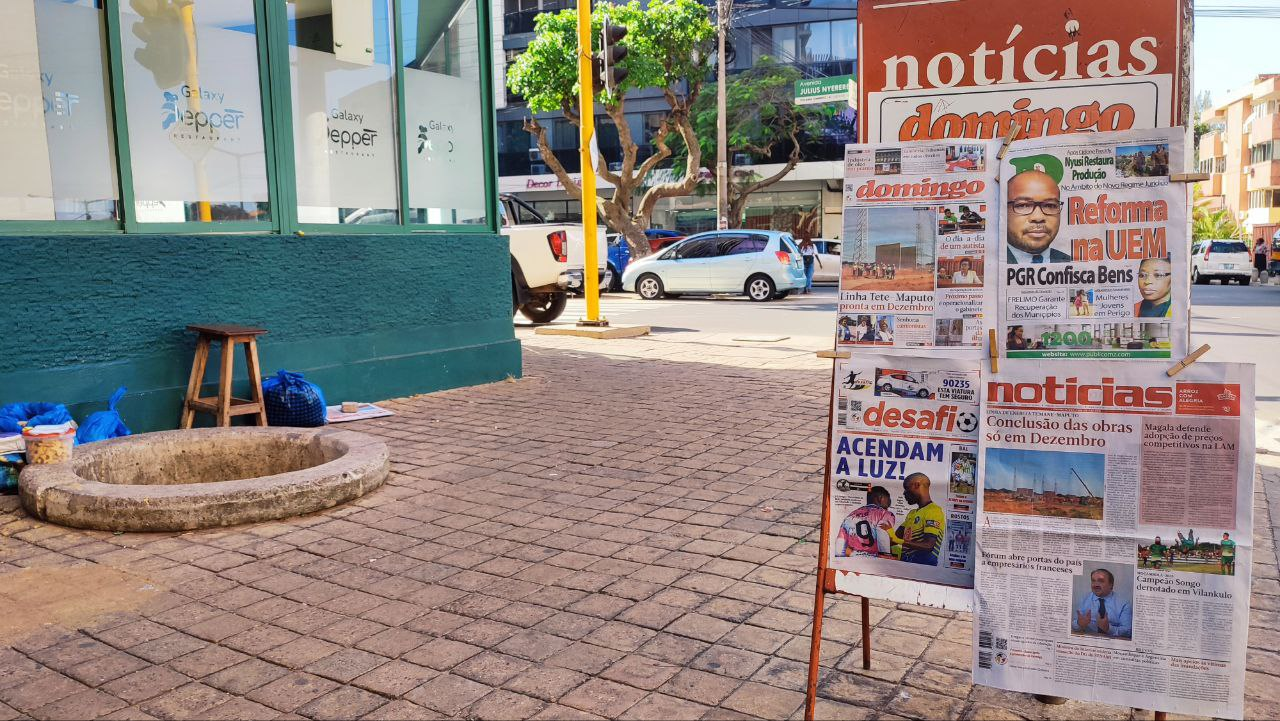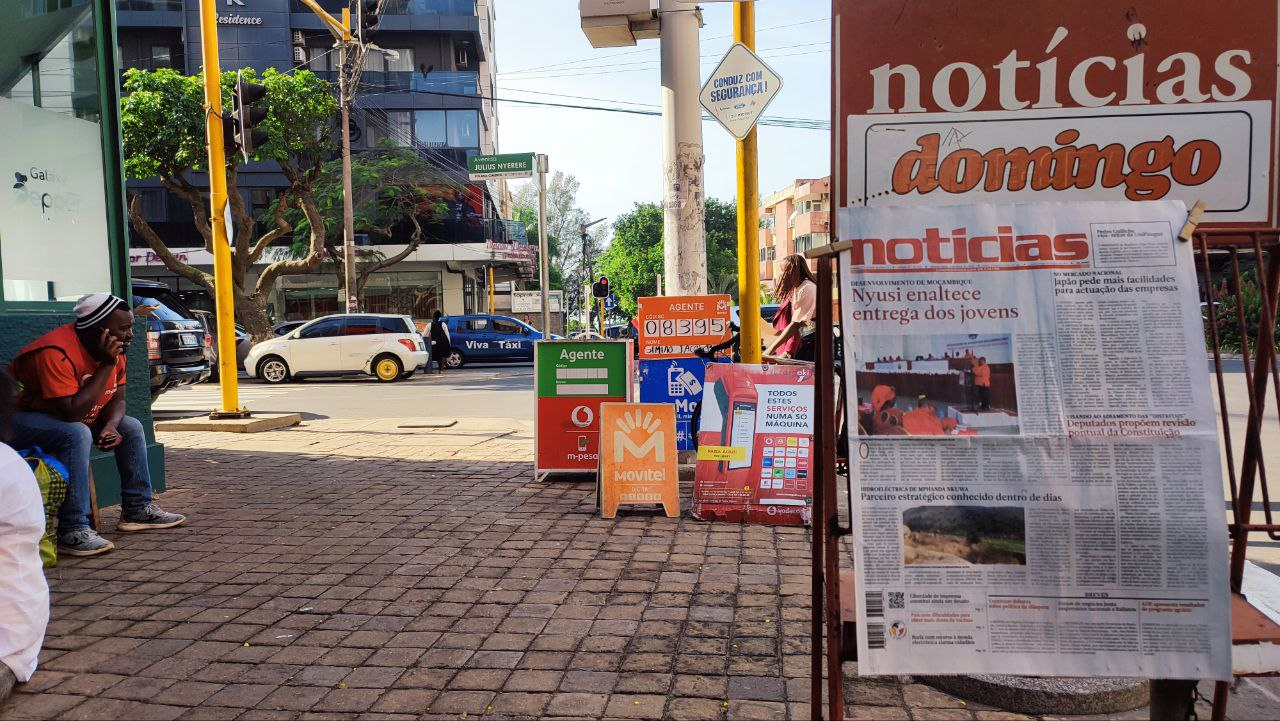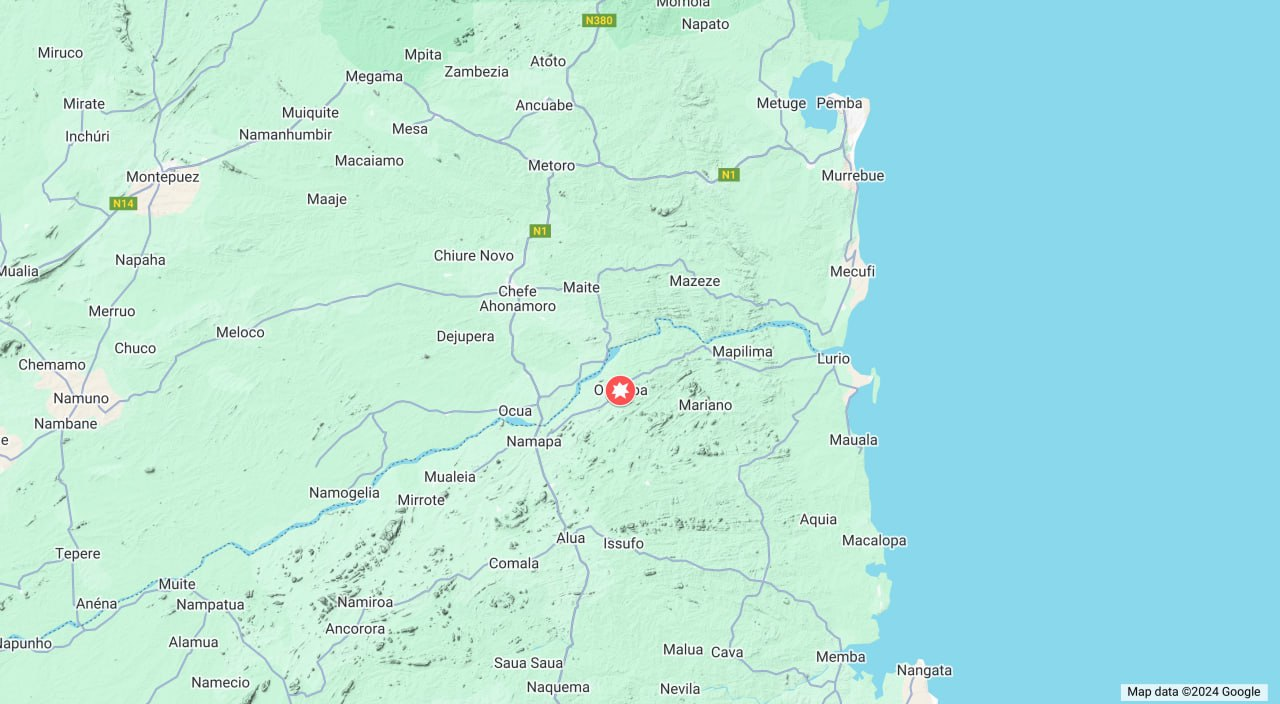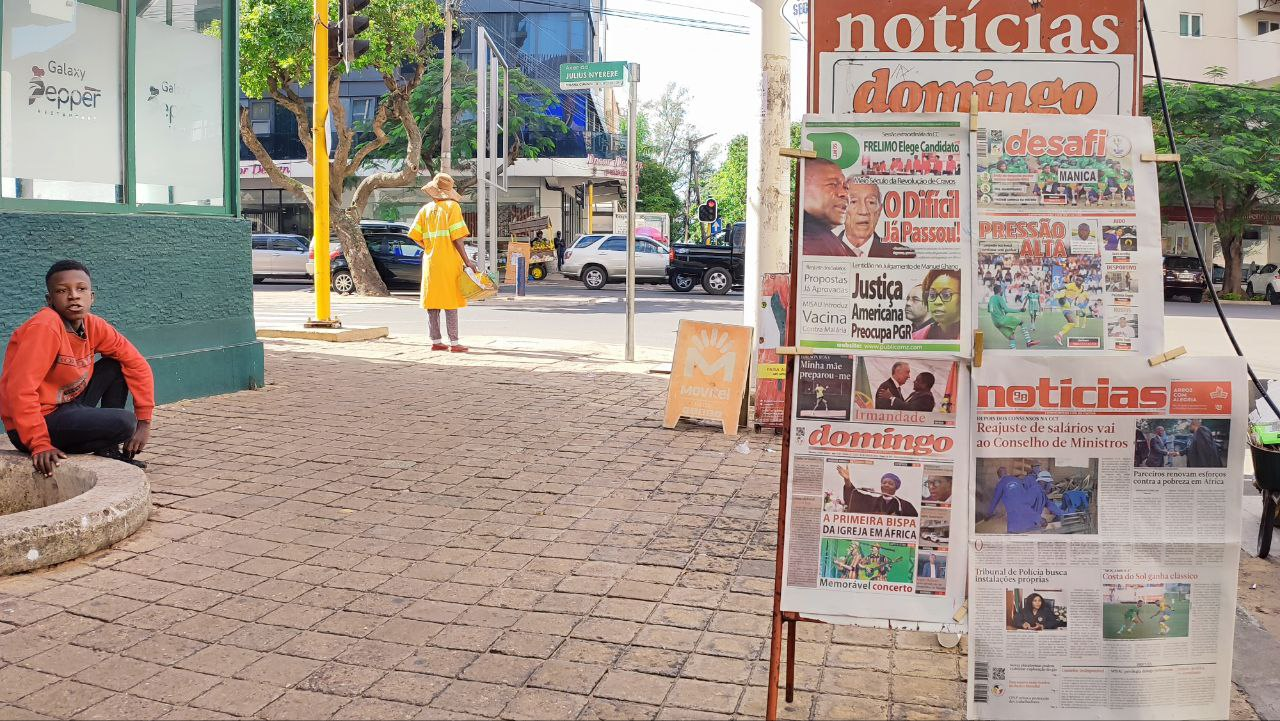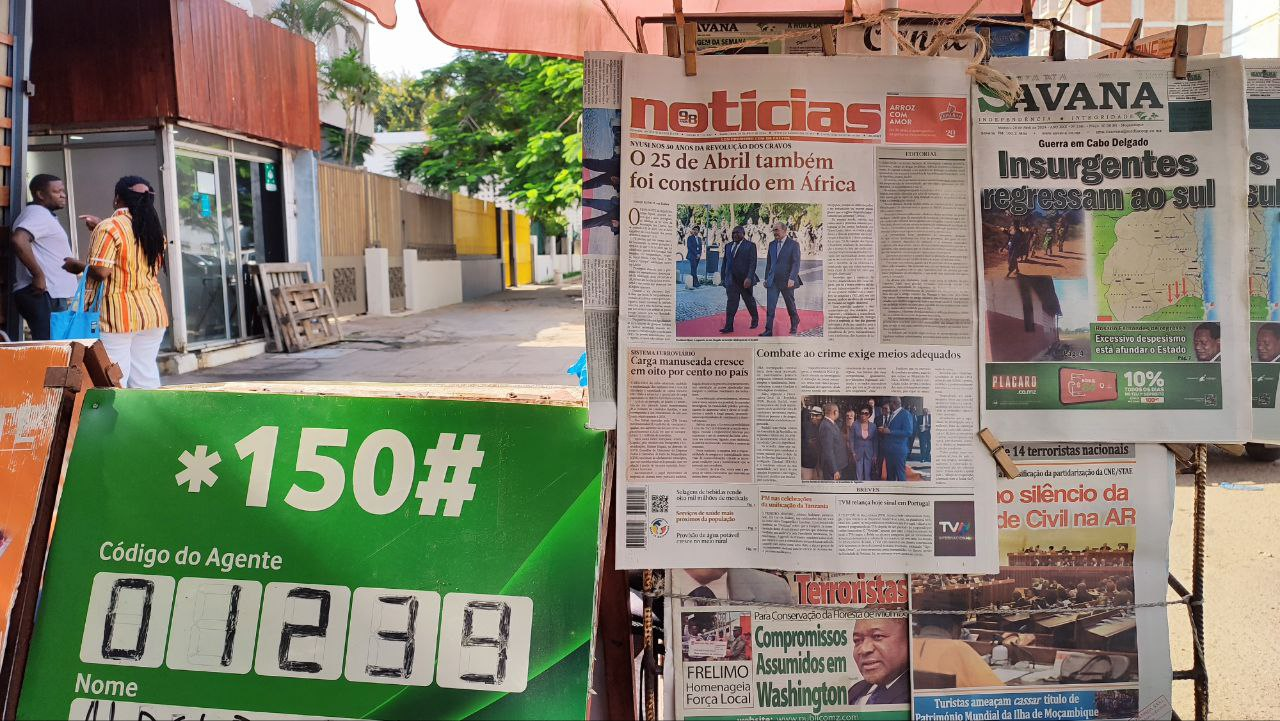Good afternoon, at the end of what certainly feels like a busy week. And last night, the IMF announced the approval of the second review of Mozambique’s Extended Credit Facility Arrangement — as we featured on our Live Blog this morning. But do we, and others, give too much prominence to what the IMF says? That’s the topic of our Leader below, before the day’s headlines and our FREE TO READ pick of the week.
From the Zitamar Live Blog:

So the IMF has approved the third disbursement under Mozambique’s ECF — despite some clear non-performance. The big difficulty has been containing public sector salaries, which the government thought it had a silver bullet for, in the form of the Unified Salary Table, or TSU. But the silver bullet backfired in their faces, and the mess is still being cleared up.
The IMF statement says the approval was “based on remedial actions taken by the authorities” on two points of non-performance, one of which was containing public spending and the other was making debt service repayments.
The TSU is being revised, it was announced that USD1.4 billion in debt servicing will be paid by the end of the year, and the Bank of Mozambique has dramatically increased the mandatory reserves for commercial banks to contain inflation. It seems these efforts were sufficient to reassure the IMF its money is now in safe hands.
In 2016, when the ‘hidden debts’ scandal was revealed, the IMF suspended its support to the Mozambican government, prompting most western donors to follow suit. The few that continued to provide bilateral aid did not let the government forget that it was under reprimand by the international community.
The IMF wields great influence, despite its relatively limited proposed financial contribution of USD456 million spread over three years. However, the release of these funds depends on meeting rigorous economic targets that are closely scrutinised. The fact that the IMF is once again willing to do business with Mozambique is a green signal to other foreign investors.
More economic reforms will be needed on fiscal governance and anti-corruption policies, as well as more transparency in handling public companies and vigorous measures to address money laundering and terrorism financing.
If this is done, the promised land under IMF guidance could be achieved: less inflation in the next coming years, more economic growth, and a better balance between monetary and fiscal policies. But this will be a challenge when the government and Frelimo are under pressure to perform well in the October elections.
Agenda:
- Today: Attorney General Beatriz Buchili to be decorated by the Brazilian Embassy, in Maputo, with the Order of Rio Branco, in the rank of Grand Officer
It’s a strange move by Brazil while Buchili is in such a politically sensitive role and is even being talked about as a presidential candidate. Perhaps the Brazilian government is keen to signal it is reconnecting with Africa.
- Today-Tomorrow: President Nyusi visits Inhambane province
- 13-14 July: Director-General of the World Health Organisation (WHO), Tedros Ghebreyesus, to participate in International Conference on Investment in Health Infrastructures in Maputo
Today’s headlines:
- State revenue revised downwards due to PAE (A Verdade)
- Mozambicans among dead in Gauteng gas leak tragedy (Radio Mocambique, TVM, BBC)
- Malawi moves towards the reconstruction of the line to Mozambique (AIM)
- Frelimo and Renamo start picking mayoral candidates (Carta de Mocambique, Savana)
State revenue revised downwards due to PAE (A Verdade)
State revenue will be MZN19.4bn ($303m) lower than the MZN357bn ($5.6bn) forecast for 2023 due to tax reforms implemented under the Economic Acceleration Measures Package (PAE), the finance ministry's medium-term fiscal scenario indicates. Meanwhile, state expenditure rose from MZN414.7bn to MZN418.6bn. A Verdade reports that one of the most evident expenditures is with the acquisition of new luxury vehicles for members of the government, most notably the President's new Cadillac.
A Verdade’s take is rather populist. Ministerial cars do need to be renewed occasionally.
Mozambicans among dead in Gauteng gas leak tragedy (Radio Mocambique, TVM, BBC)
Mozambicans are among the 17 victims who died after a gas leak on Wednesday night in an informal settlement in Boksburg in the South African province of Gauteng. TVM said seven of the dead were Mozambican, but other sources report it could be as many as 10, with possibly a further four hospitalised. The authorities attributed the gas leak to illegal gold mining practices. This tragedy comes six months after a gas tanker explosion on Christmas eve which claimed 41 lives in the same town.
Malawi moves towards the reconstruction of the line to Mozambique (AIM)
The government of Malawi has just signed a partnership agreement with Chinese company CRCC, also known as CRB20, to continue the reconstruction of the railway from Limbe, in Blantyre, to Vila-Nova-da-Fronteira, in Tete, central Mozambique. The project will connect the 72km railway from Bangula, in Malawi’s Nsanje district to Vila-Nova da Fronteira, with the aim of reestablishing a rail connection to the Mozambican port of Beira to ensure the transport of people and goods.
The Mozambican stretch has already been completed and is being used to move equipment and materials for CRB20 to Marka railway station on the Malawian side of the border.
Frelimo and Renamo start picking mayoral candidates (Carta de Mocambique, Savana)
Frelimo will on Saturday choose its candidates for mayors in the 11 October elections. In the city of Matola, a battle is expected between the current mayor Calisto Cossa and the governor of Maputo province, Julio Parruque. According to newspaper Savana, Parruque is being sponsored by President Nyusi and his name was proposed by a political commission and not by the party's base. In Maputo City, the current first secretary of Maputo City, Razaque Manhique, and Edgar Muchanga, current spokesman of the Municipal Assembly, are vying for selection. One of them will compete with the charismatic young Venancio Mondlane, already nominated by Renamo. In the city of Beira in Sofala province, Frelimo wants to bet on the current secretary of state, Stela Zeca, where a fierce contest with the current MDM mayor, Albano Carige, is expected. In Quelimane, Manuel de Araujo, the incumbent Renamo mayor, fended off two challengers for the nomination and will stand again. Meanwhile, Frelimo wants to put forward the young musician Ney Gani. Savana describes a complicated situation for the current administrator of Marracuene district, Shafee Sidat, who is expected to compete internally with former Frelimo first secretary Francisco Mabjaia. Shafee, despite his achievements, seems to have lost support from influential local Frelimo members for having appeared to reconcile with former President Armando Guebuza, who is currently at loggerheads with President Nyusi.
Frelimo expects a major battle in Nampula. This is a province with several Renamo-controlled municipalities and where the Frelimo campaign manager Celso Correia is based. He needs to win this election to reinforce his credibility as a presidential candidate, which will be announced next March.
Week in Review
Monday
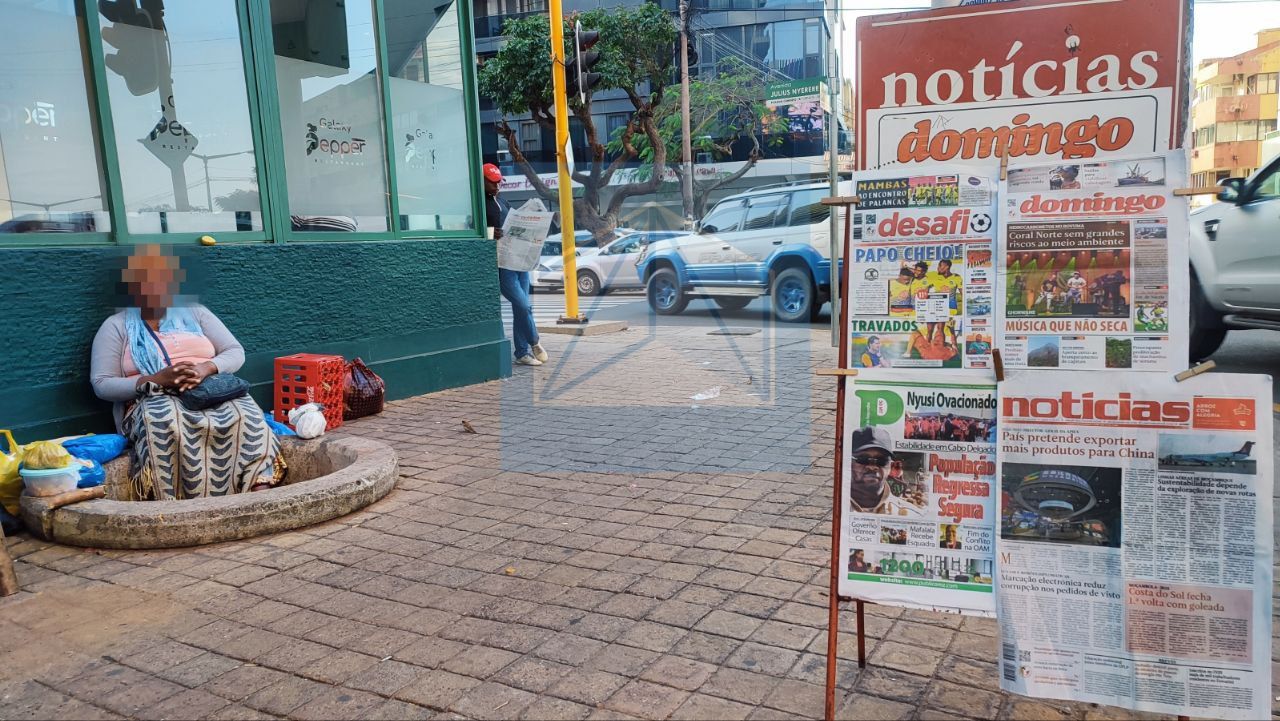
While Ukraine’s counteroffensive against Russia continues to grip the headlines, signs suggest Mozambique and its allies are poised for a counter-offensive of their own against Islamic State-backed insurgents in eastern Cabo Delgado province. In the last couple of weeks, troops from Mozambique, Rwanda and the Southern African Development Community have concentrated along the coast of Macomia district, where insurgents have roamed largely with impunity for several months.
Like Ukraine’s counteroffensive, this operation appears to have been dogged by some early setbacks. Last night, Islamic State (IS) boasted on social media of killing at least ten soldiers on patrol in Macomia, mostly, they claim, from the Rwanda Defence Force (RDF). The identities of these soldiers have not been confirmed and the RDF is yet to comment on the incident. However, graphic photos circulating online show a number of bloodied bodies wearing what appear to be Rwandan army uniforms, although sources indicate they could also belong to the European Union-trained Mozambican Quick Reaction Force.
Of course, the operation is still in its early days and the fog of war obscures much of what is really happening on the ground. But those who forecasted an imminent end to the conflict may have been too easily reassured by the relative quiet in Cabo Delgado in recent months. The violence this weekend shows the insurgency still has some fight left in it.
Tuesday
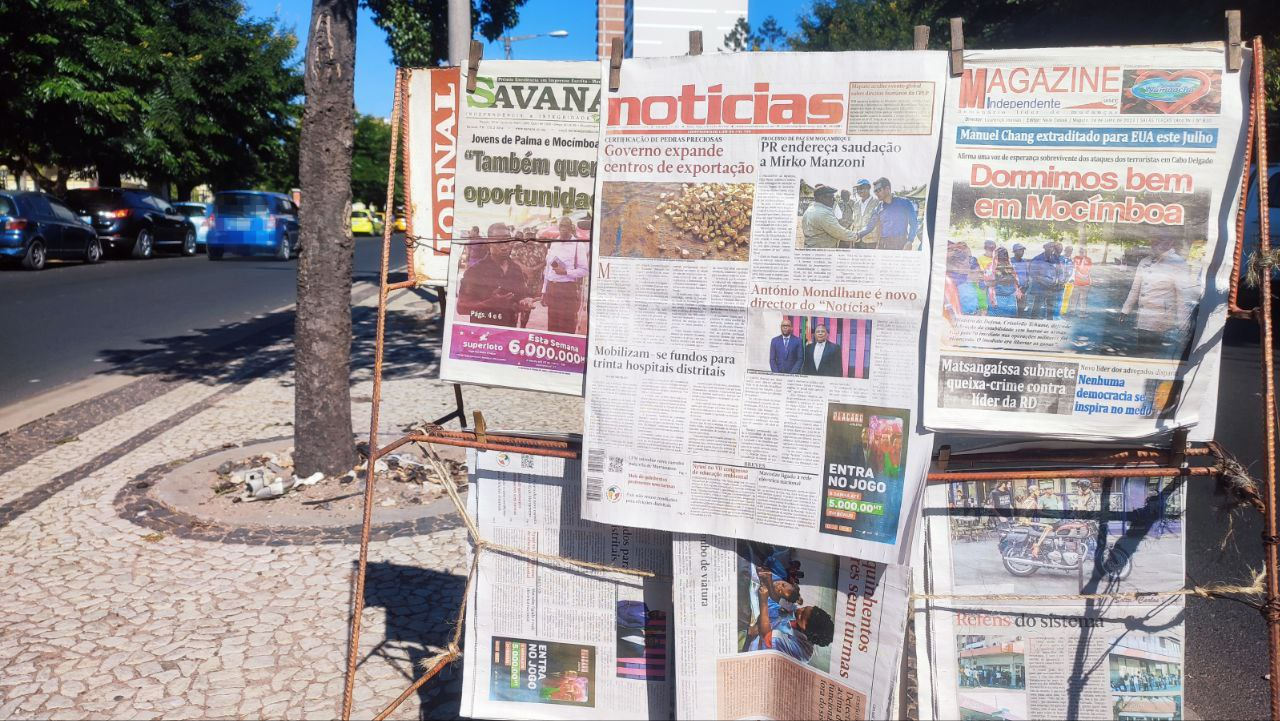
Government suspends new hiring in civil service (A Verdade)
The government has decided to suspend new admissions in all sectors of the civil service in the second half of 2023, as well as cutting the number of civil servants to be admitted annually to just over 3,000 by 2026, given the size of the public sector wage bill which has grown with the introduction of the new unified salary scale, known as the TSU. New officials will be hired only when three people have left. But minimum levels of hiring will be maintained in priority sectors such as education and health with a view to ensuring an improvement in the provision of public services, according to the finance ministry.
This is an old issue which the government never seemed to take into serious consideration. The state still has to handle the situation inherited from the socialist era — as evident in the massive redundancies now being made at state-owned companies such as airline LAM, electric company EDM, and telco Tmcel. But the government has recently been trying to solve unemployment problems by over-recruiting in the public sector. The last police course reportedly had 15,000 thousand trainees, though the police has since announced a moratorium on new recruits. The IMF is increasing its pressure, including delaying the disbursement of money agreed under the current programme.
Wednesday
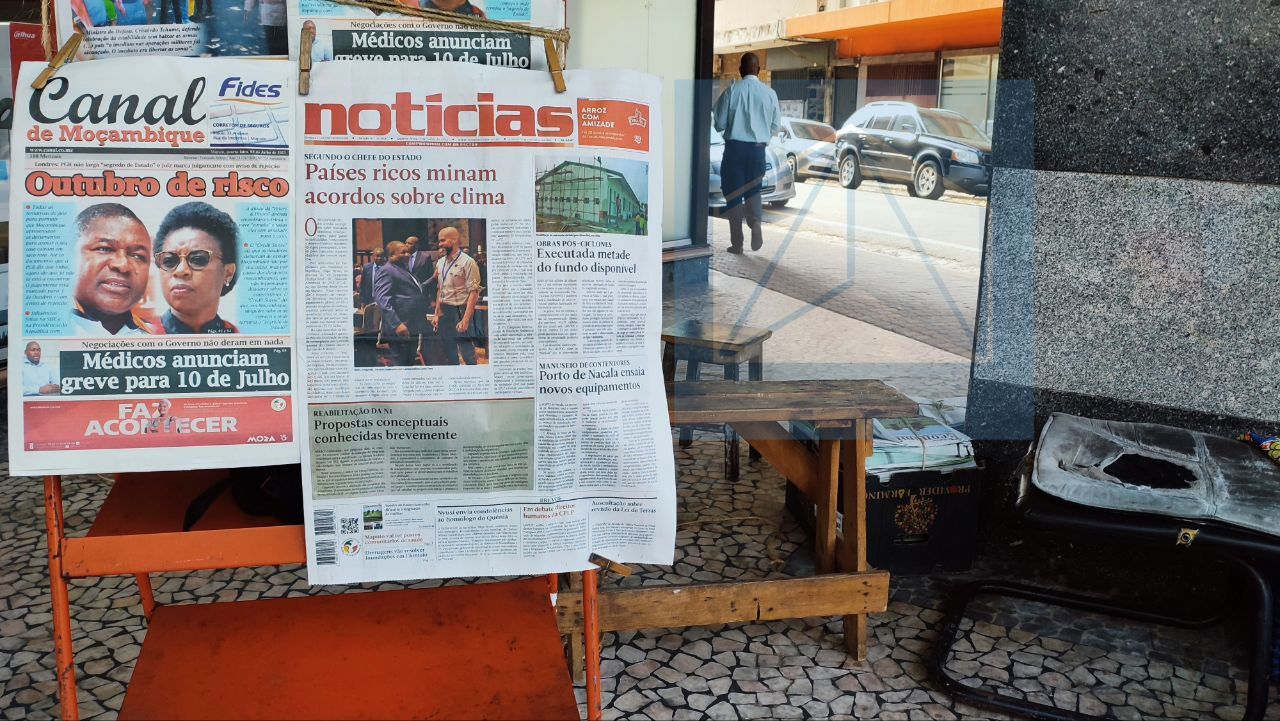
Another conference on climate change and environment is taking place in Maputo this week, in a country among the most affected by natural disasters in the last decade.
It is not enough to blame the big polluters for the present situation in an unequal world where the most affected are the smallest contributors to climate change. When speeches and passionate positions fade away, countries like Mozambique need to face the dramatic impact of severe rains and tropical cyclones almost every year, with a devastating impact on people and infrastructure.
The country should embark on more radical policies to face up to the international environmental agenda, moving on alternative sources of energy and carbon credits. With structured policies looking to the future, the country could become an important voice and an example to follow — as it has become in certain aspects of wildlife conservation, marine protection, and anti-poaching programmes. The country is being internationally rewarded for making those choices; conservation agencies and philanthropies now have Mozambique on their agenda.
Thursday
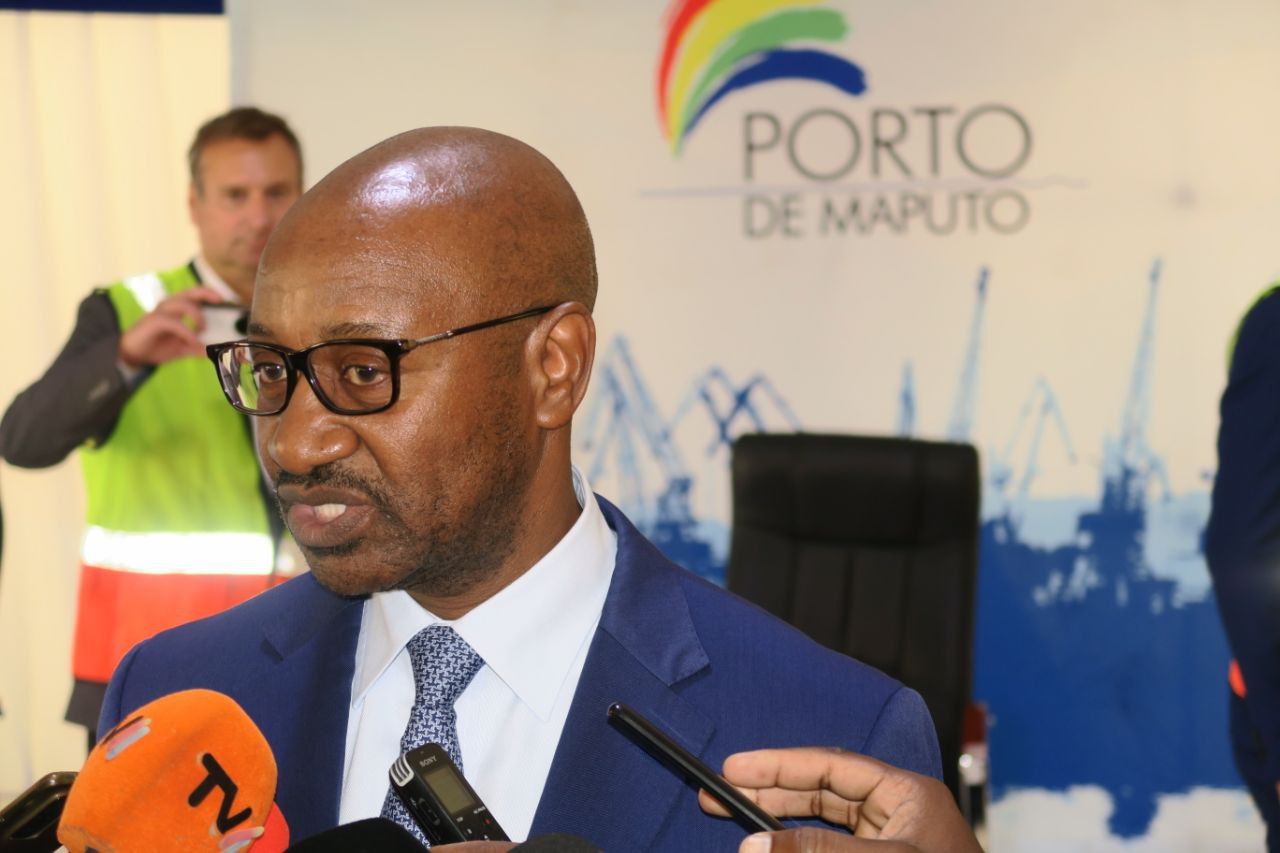
Transport minister Mateus Magala believes the solution for the congestion on N4 road and at the Ressano Garcia border will be found if more traffic is diverted from the road to the rails connecting Mozambique and South Africa.
Business interests are being affected by the congestion along the routes to Maputo and the port itself is facing management problems as the delays in traffic are impacting the vessel’s schedules, which are being forced to wait for cargo and being penalised on tariffs.
A long-awaited second railway track between Maputo and Ressano Garcia will be completed by December 2023. This will increase the cargo handling to 24 million tonnes, consisting mainly of minerals. This year alone, 300,000 tonnes of ore will be transported by rail instead of road, which will mean 8000 trucks are off the road. Still, it’s a modest gain when 1000 trucks move along the N4 daily. The railway line will move 15 million tonnes of general cargo to the port, out of the overall expected figure of 27 million tonnes transported for 2023.




